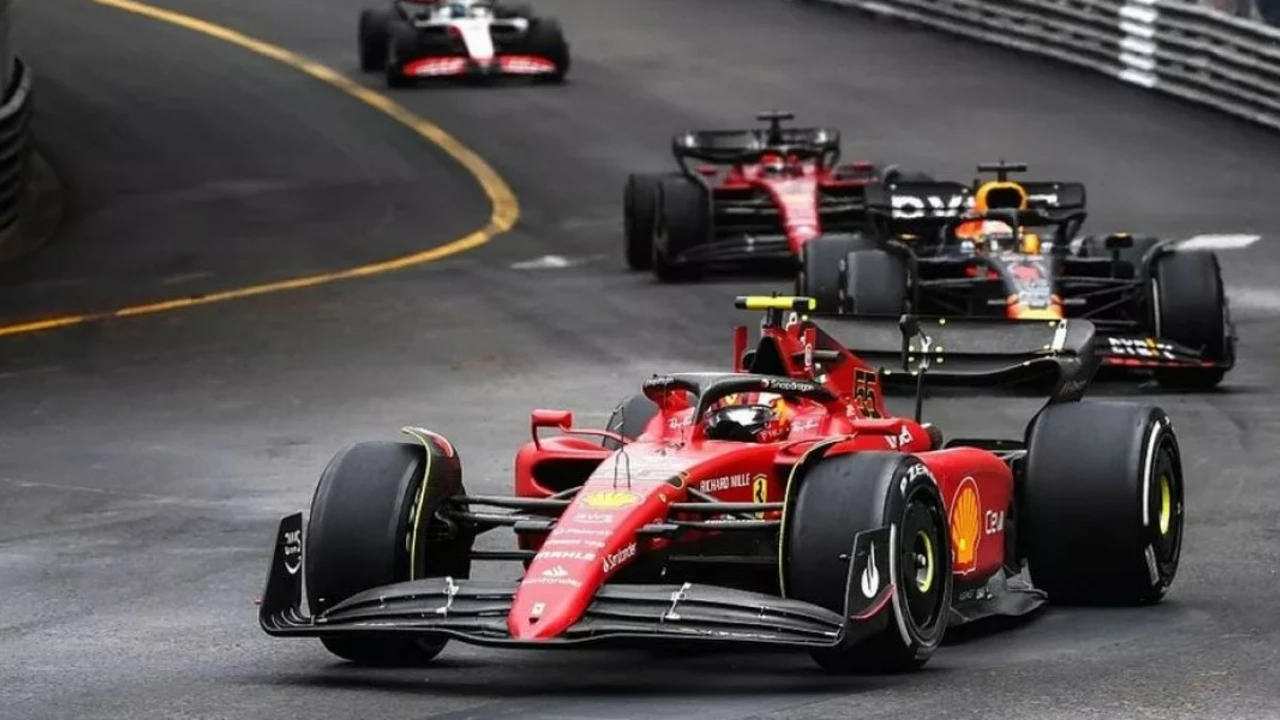Formula 1 Insights: What You Need to Know
If you love the roar of engines and the speed of a corner, you’re in the right place. This page pulls together the most useful info about Formula 1, from how to start a career to staying on the right side of the law.
How to Break Into a Formula 1 Career
Dreaming of working in the sport? The first step is a solid engineering background. A bachelor's in mechanical or automotive engineering gets you the basics, but a master’s in automotive technology or a related field gives you an edge. Companies look for people who understand aerodynamics, materials, and data analysis.
If you’re from India or any other country, don’t let geography hold you back. Many F1 teams run global graduate programs. Build a strong portfolio of projects – think wind‑tunnel tests, CFD simulations, or even a personal car build. Showing you can work across cultures and time zones is a huge plus.
Networking matters. Attend motorsport events, join online forums, and connect with engineers on LinkedIn. Internships with lower‑tier racing series can turn into full‑time F1 offers. Remember, the sport values practical experience as much as academic grades.
Legal Basics Every F1 Participant Should Know
Racing isn’t just about speed; it’s also about rules. Whether you’re a driver, engineer, or team manager, you need to understand the legal side. Contracts in F1 are tight – they cover salary, performance bonuses, and confidentiality. Read every clause and ask a sports lawyer to explain any jargon.
Safety regulations are non‑negotiable. The FIA (Fédération Internationale de l'Automobile) sets strict standards for car design, driver gear, and track conduct. Violating these can lead to fines, bans, or even criminal charges in some countries. Keep all paperwork up to date and ensure your team follows every technical directive.
Intellectual property is a hot topic. Teams invest millions in R&D, so protecting patents and trade secrets is crucial. If you move between teams, pay attention to non‑compete clauses. Breaching them can damage your reputation and result in costly lawsuits.
Finally, understand the penalties for on‑track misconduct. Driving without due care and attention may sound like a road‑car term, but it applies in racing too. Penalties range from time penalties to race suspensions. Knowing the rules helps you avoid costly mistakes.
Whether you’re chasing a pit lane job or just want to follow the sport with a deeper understanding, these tips give you a practical start. Keep learning, stay curious, and enjoy the thrill of Formula 1 responsibly.
Well folks, buckle up because we're about to dive into the high-octane world of speed demons! Comparing Formula 1, NASCAR, and IndyCar, it's like picking between ice cream flavors - they're all deliciously FAST! But if we're talking sheer velocity, Formula 1 takes the gold, with cars reaching a mind-boggling 230 mph. NASCAR's not far behind though, sprinting up to 200 mph, while our friend IndyCar darts up to about 235 mph on oval tracks. So, grab your helmets, because in the race of speed, it's a photo finish between Formula 1 and IndyCar, but remember, speed isn't everything, it's how you handle the curves!
Formula One is a multi-billion dollar business and one of the most popular sports in the world but it is often overlooked in the United States due to a lack of a major presence in the country. This is due to a number of factors, including the fact that the sport is relatively unknown in the US, the high cost of hosting a race, the lack of suitable circuits and the difficulty in finding suitable sponsors. Additionally, the US audiences are typically more interested in NASCAR and IndyCar, two forms of motorsport which are seen as more authentically American. As a result, Formula One has seen a decline in popularity amongst US fans in recent years, which has likely contributed to the overall lack of interest in the sport in the US.

